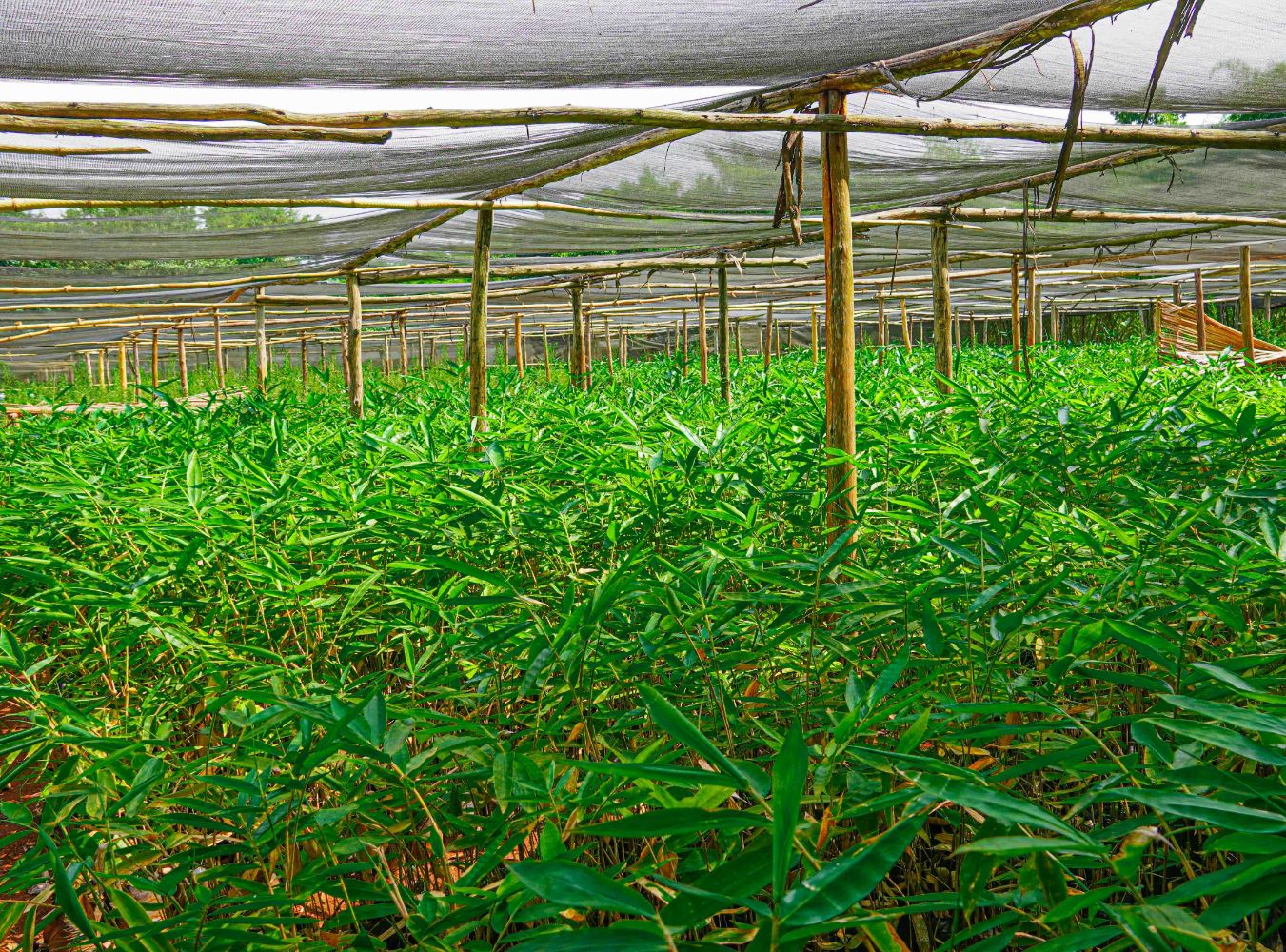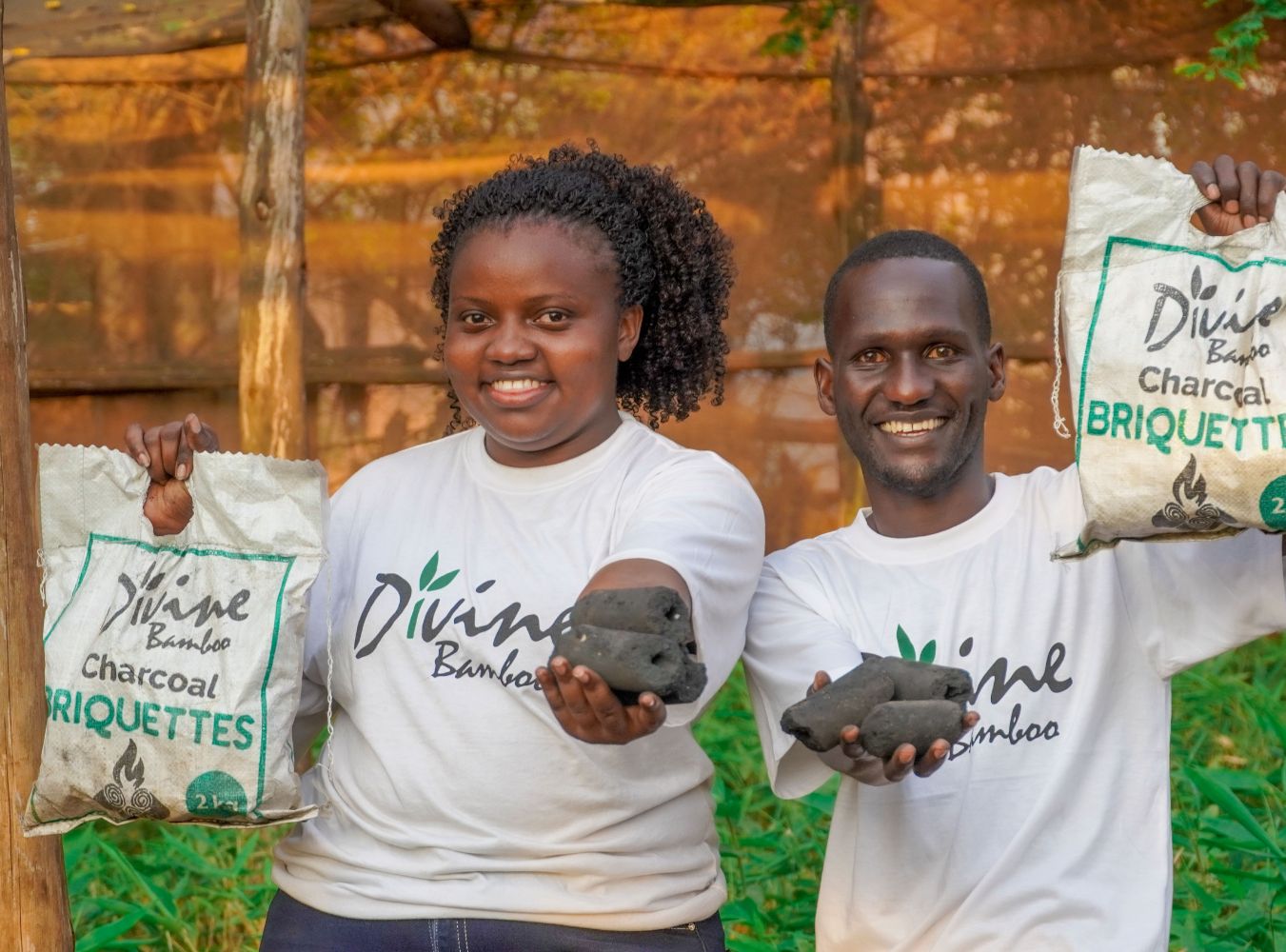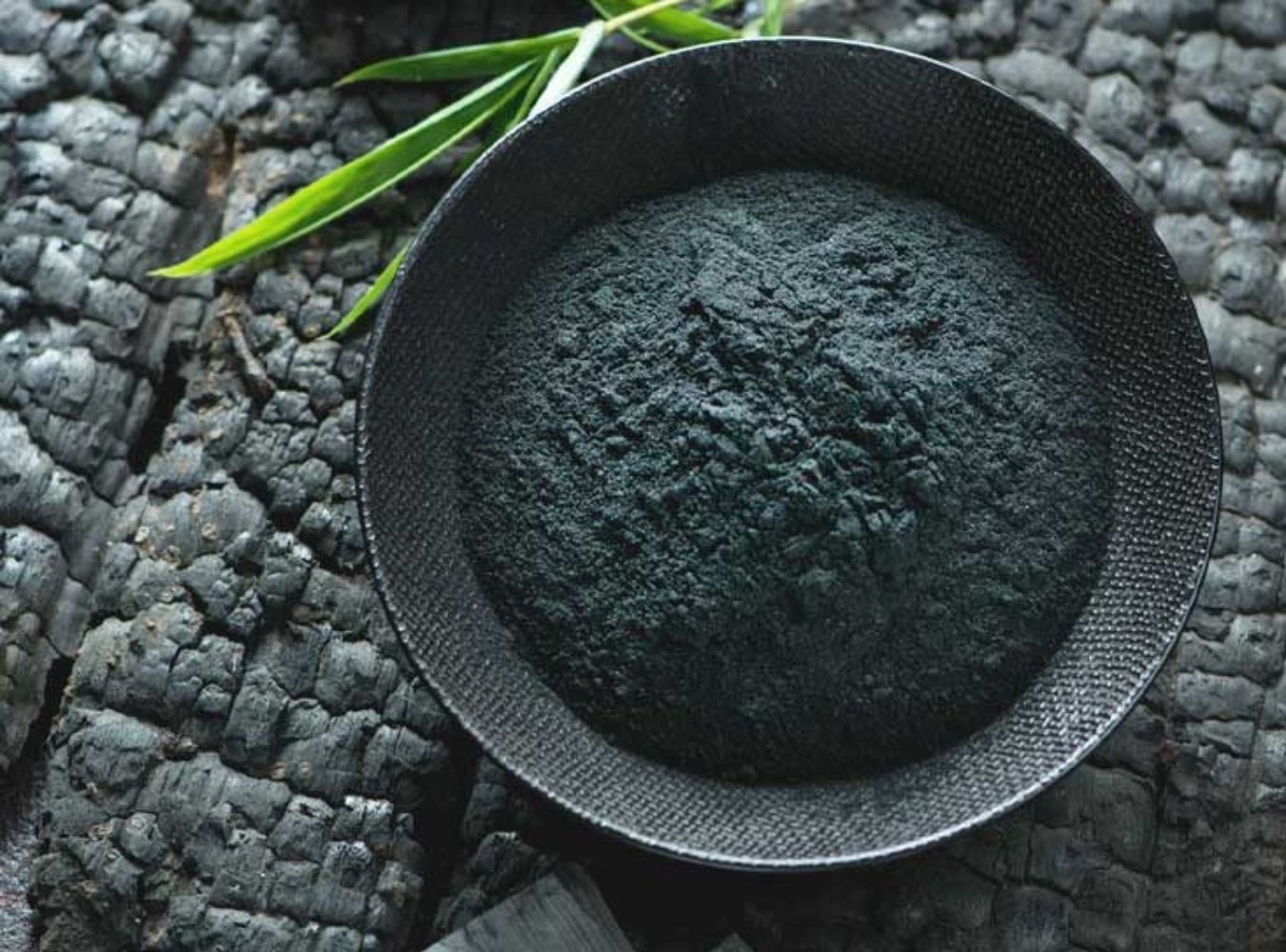Join us end deforestation in Africa
The problem
Although nations world-wide have made significant progress on improving energy efficiency and increasing access, millions still lack access to affordable, reliable, and sustainable modern energy. The World Health Organisation estimates that 2.8 billion people worldwide still rely on coal and biomass for daily cooking and heating needs, and renewable energy only makes up 17% of worldwide energy consumption. With the rapid population growth in sub-Saharan Africa, the number of people without access to clean cooking fuels will increase. Uganda has some of the lowest access to clean cooking from 2010-2016, with a deficit of 41.2M people and an access rate of just 0.8%. Additionally, lack of access to affordable clean cooking fuels is one of Uganda’s greatest challenges with 94% of the population fully dependent on fuel wood in the form of charcoal and firewood for their daily cooking needs leading to an annual loss of over 200,000 acres of forest every year.
Our solution
An Energy report for Uganda by WWF and Sustainable Energy for All (SEForALL) suggests that a transition to universal access powered by 100% renewable energy by 2050 will require a course of action that achieves changes in four critical areas, one of the areas is modernizing the biomass sector so that use of firewood, charcoal and agricultural by-products is done efficiently, and biomass is managed holistically and produced sustainably. Biomass will remain a cornerstone of the Ugandan energy supply for some time. Key to modernization is the transition by both industry and households to use of efficiently produced biomass fuels and efficient cooking and conversion devices.
Bamboo has been recognized as an important asset in poverty eradication and environmental protection (INBAR, 2005). Its strength, straightness, lightness, extraordinary hardness, range in size, abundance, ease of propagation and the short growth period, makes it suitable for a variety of purposes and uses. As a result of intensified interest, it has emerged as potentially the most important non-timber forest resource to replace wood. In addition, it is uniquely suited to agroforestry with many uses like intercropping, water filter; rehabilitation of wetlands, supply of construction materials and fodder. Bamboo grows fast and has an average rotation of 4years, requires minimal maintenance, no fertilizers or pesticides and can be integrated in both agroforestry and mixed farming systems. Bamboo is a carbon sink absorbing carbon dioxide and releasing 30% more oxygen to the atmosphere as compared to an equivalent mass of trees. This is because it can be harvested regularly, creating a large number of durable products which store carbon for several years, as well as the carbon in the plant itself.
Divine Bamboo produces high quality, clean and affordable briquettes produced from fast growing local bamboo species and already existing agricultural waste as a sustainable cooking fuel alternative to conventional biomass fuels like charcoal and firewood that are driving high deforestation rates in Uganda. Our briquettes are long burning, affordable and produce less smoke as compared to charcoal and firewood.
Our Story
Products
Services
Empowering People, Protecting Nature with Bamboo

Trees Planted
Briquettes produced
Take Action Today, Join Us!
Change starts with our collective actions as individuals, businesses and governments. Fund reforestation, smallholder farmer empowerment programmes, conservation, carbon offsets and clean energy projects in Uganda at the click of a button.
Our Partners












